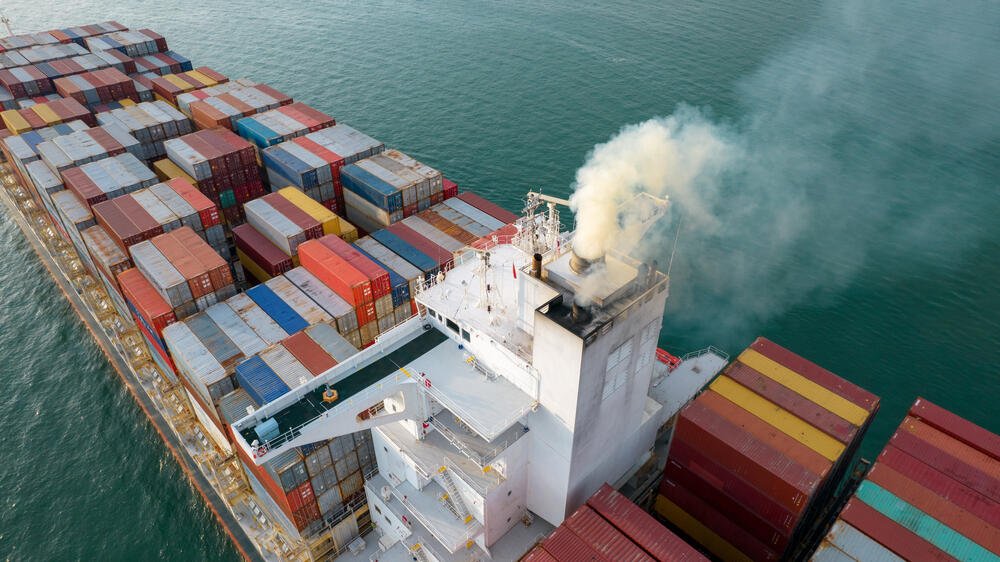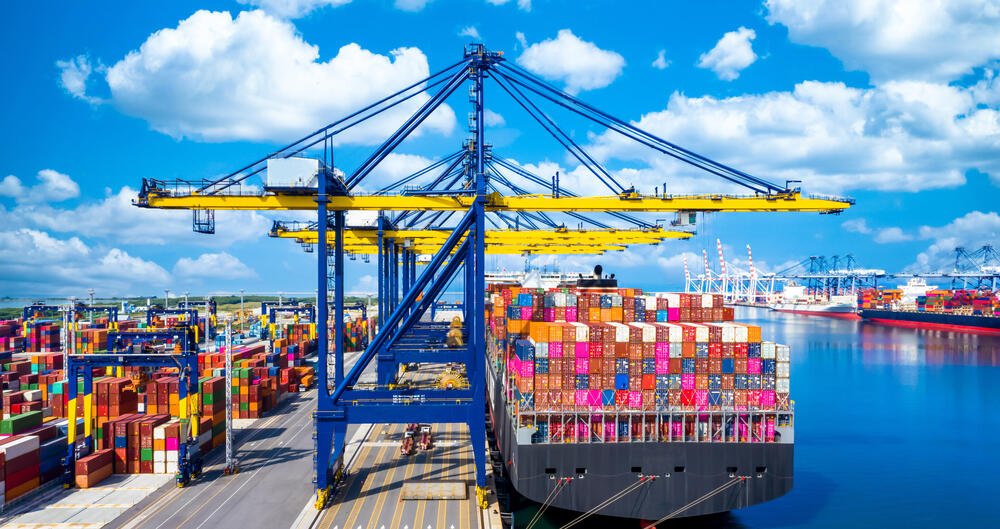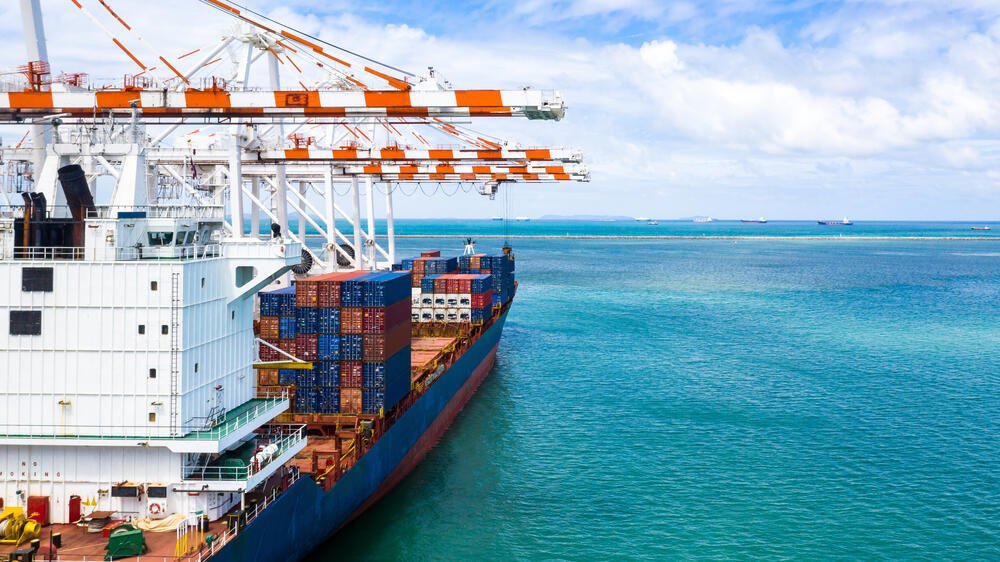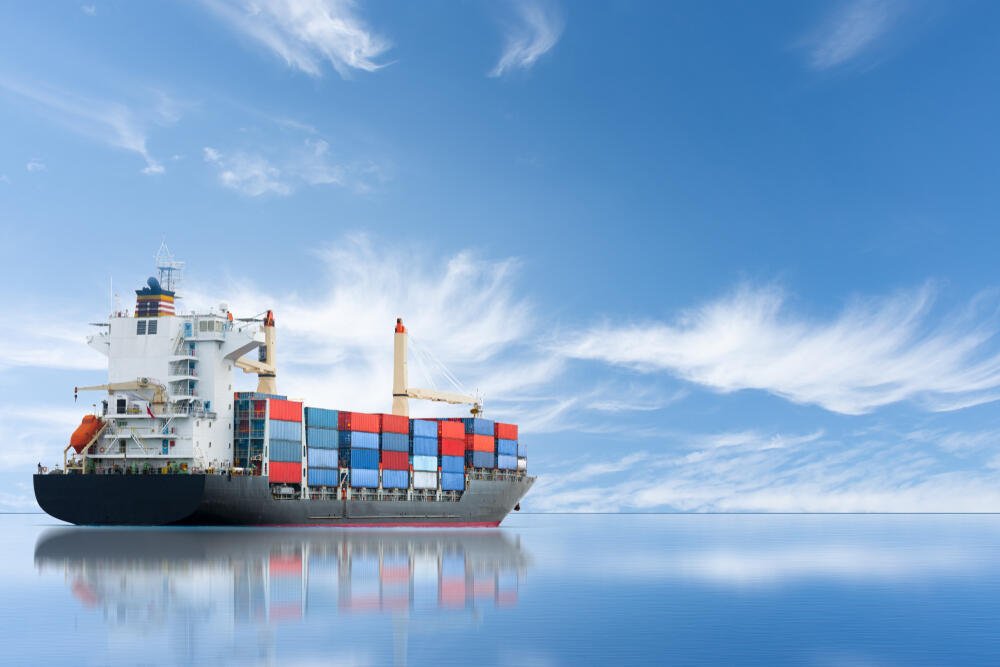
The Ocean Shipping Reform Act of 2022 (OSRA-22), which was introduced earlier this year by Senators John Thune (R-SD) and Bill Nelson (D-FL), was recently passed unanimously by the United States House of Representatives. On June 16, 2022, United States President Joe Biden signed it into law.
But what does it mean? What are its implications for the shipping industry? Let's take an in-depth look at OSRA-2022.
Overview
With OSRA-22, the Federal Maritime Commission (FMC) will be required to revise existing ocean shipping regulations within seven years.
In addition, the bill calls for revisions to other federal agencies involved in regulating ocean shipping: the Coast Guard, the Bureau of Safety and Environmental Enforcement, and the Office of Management and Budget.
Shippers will be interested to know that the FMC is required to review its existing rules governing ocean shipping with a deadline of December 2022.

FMC Stance
According to the bill, the FMC shall "review and update regulation concerning ocean carrier rates and charges."
In particular, the agency will be tasked with reviewing its current rules governing international freight forwarders, including billing practices, contract terms, and anti-collusion measures.
In remarks about OSRA-2022, FMC Chairman Daniel B. Maffei said that Congress provided the agency with "explicit tasks with timelines" intended to solve some of America's supply chain challenges. He believes the reforms will make a difference for people who depend on ocean cargo.
Maffei even goes as far as to say non-compliant parties will be exposed to consequences. But he doesn't specify what sanctions or penalties will befall those acting against the law.
Maffei also noted that OSRA-22 would provide the FMC with additional resources to enforce compliance with existing laws. The legislation, he says, will help protect consumers from unfair pricing practices. Furthermore, this regulation will ensure stricter compliance with applicable laws.
Main Goals
The main goal of OSRA-22 is to improve the efficiency of the maritime sector. The endgame is to reduce costs while maintaining high levels of service. Specifically, the bill aims to address three issues:
1. Improving transparency regarding ship ownership
Under OSRA-22, any company wishing to own more than 10 percent of a vessel must file a statement of beneficial interest with the Department of Homeland Security. This applies to both domestic and foreign vessels.
2. Improving safety standards for ships
OSRA-22 requires the Secretary of Transportation to establish minimum requirements for the design, construction, operation, maintenance, and inspection of marine transportation vessels. The bill also gives the agency authority to issue new rules and regulations to implement these requirements.
3. Creating a regulatory framework for cargo containers
OSRA-22 directs the Secretary of Commerce to develop a plan to safely transport goods by sea. The bill also sets up a regulatory framework for cargo containers, which includes standards for container size, weight, and capacity.
In addition, the bill provides for increased transparency regarding ship ownership. Specifically, it requires the Secretary of Homeland Security to publish information regarding the number of U.S.-flagged ships owned by each person who owns more than 10 percent of the value of a vessel.
Key Points
There are several critical points that all shippers must take note of about OSRA-2022.
Ship exchange registry
The FMC will publish rules for international shipping exchanges. In addition, the FMC must register and regulate all shipping trades, including ocean transit.
The time limit is not later than three years following the enactment of the Ocean Shipping Reform Act of 2022.
Retaliation is prohibited
It is unlawful for a common carrier, marine terminal operator, or ocean transportation intermediary to take any other unfair or discriminatory action against a shipper, a shipper's agent, an ocean transportation intermediary, or a motor carrier in retaliation for the patronage of another carrier, the filing of a complaint against the carrier, or for any other reason.
Annual public disclosure
All findings of incorrect detention and demurrage invoice information by common carriers, including fines levied or assessments made against them, will be published and updated by the FMC annually.
Demurrage and detention (D&D)
The FMC will implement a regulation to better outline what actions common carriers, operators of marine terminals, shippers, and intermediaries in ocean transportation are not allowed to use. This applies to assessing demurrage or detention fees.
The rule is intended to further clarify reasonable rules and practices regarding assessing such charges from an earlier ruling published on May 18, 2020 ("Interpretive Rule on Demurrage and Detention Under the Shipping Act").
This act must take effect no later than 45 days following the date of enactment. The FMC will publish a final regulation no later than a year after its adoption.

Discriminatory practices
The FMC will start a regulation process to outline unfair or unfairly discriminating practices.
This must be implemented no later than 60 days from the date of enactment. The FMC will publish a final regulation no later than a year after the act's adoption.
Failure to deal
To define unreasonable refusal to deal or negotiate concerning vessel space, the FMC will start a rulemaking process after consulting with the Commandant of the United States Coast Guard.
The deadline for this provision is 30 days following the act's enactment date. The FMC will publish a final regulation no later than six months after the act's adoption.
Data collection
A quarterly calendar reports detailing the total import and export tonnage and the total number of loaded and unloaded 20-foot equivalent units per vessel will be made available on the FMC's website. This applies to any vessel-making port in the U.S.
Statistics for dwell time
The FMC has asked ports to publish statistics on the dwell time of hardware used in freight transport at the top 25 ports, including inland ports. Each port, operator, and owner or provider with a fleet of over 50 chassis must submit the required data.
The time limit for this provision is no later than 240 days from the date of adoption of the act and at least once per month after that.
Investigation and oversight
The FMC has established a public forum for complaints, concerns, and requests for investigation and alternative dispute resolution.
The office will maintain an Office of Consumer Affairs and Dispute Resolution Services to provide non-adjudicative assistance, mediation, facilitation, and arbitration.
This provision must be implemented no later than 18 months from the date of enactment.

Emergency orders authority
The FMC is seeking public comment on an emergency order for information on cargo throughput and availability in the international ocean transportation system.
If granted, the order would require shippers and terminal operators to share information with shippers, rail carriers, and motor carriers.
This rule must be implemented no later than 60 days from the date of enactment.
Best practices for chassis pools
The FMC is to study best practices for chassis pools that provide service to marine terminal operators, motor carriers, railroads, and other stakeholders. The study will be conducted by the Transportation Research Board of the National Academies of Sciences, Engineering, and Medicine.
By April 1, 2024, the FMC must post the best practices created under this section.
CDL license testing
The discretionary waiver authority outlined in "Waiver for States Concerning Third Party CDL Skills Test Examiners In Response to the COVID-19 Emergency," dated August 31, 2021, will be examined for safety reasons by the Federal Motor Carrier Safety Administration.
This must be done within 90 days of the enactment date.
Discrimination in hazmat transportation
The Comptroller General of the United States will launch an investigation to determine whether ocean common carriers have decided to discriminate against the maritime transport of qualified hazardous materials. Any applicable safety and pollution regulations will be taken into account.
This provision must take effect within 90 days of the act's enactment date.
Dwelling container storage and transfer
To identify federal and non-federal land, including inland ports, for the purposes of storing and transferring cargo containers due to port congestion, the Assistant Secretary for Transportation Policy will call a meeting with the Administrator of the Maritime Administration and the FMC Chairman.
This meeting will occur within 90 days of the act's enactment date.
Technology adoption in U.S. ports
The Comptroller General of the United States will submit to Congress a report describing the adoption of technology at United States ports as compared to that adoption at foreign ports. The report will include an assessment of whether the adoption could lower cargo handling costs at U.S. ports.
This report is due no later than one year from the act's enactment date.

Conclusion
The Ocean Shipping Reform Act of 2022 will result in significant changes for the shipping industry. It will affect many shipping stakeholders, including ocean shipping companies, land transporters, port authorities, and any business that ships goods by sea.
You can read the full text of the bill here for more information.
Don't let OSRA stop you from shipping your goods. There's no need for concern about your shipment because A-1 Auto Transport is ready to address any questions you might have about OSRA-2022.
Contact us to find out more about how this will affect your business and to learn how we can assist you with your shipping needs.






 Share on Facebook
Share on Facebook Share on LinkedIn
Share on LinkedIn Share on Twitter
Share on Twitter




 Google
Google  Instagram
Instagram  Trustpilot
Trustpilot 



